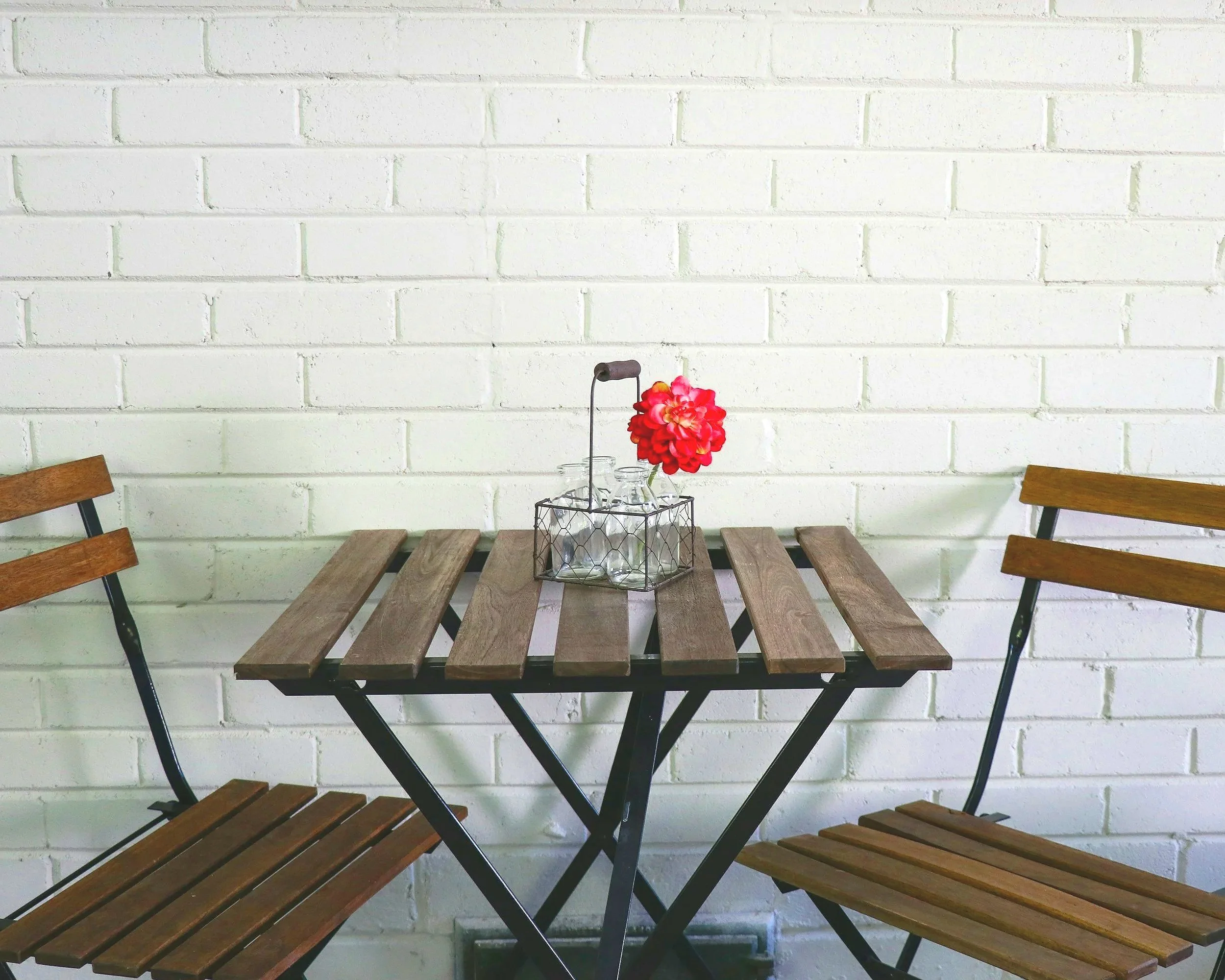The holiday season from ‘the other side’ of eating disorder recovery
During my most recent virtual session with my current therapist, she asked how I was feeling about the upcoming holiday season—more specifically, was I worried about food, my access to exercise (which is usually disrupted due to travel), and the general state of my recovery?
I paused. I stared over the top of my laptop, just above the camera, racking my brain for a single recent moment of worry about my impending visits with family. But I couldn’t find one.
Instead, when I imagined these visits, the events, and the people I was going to see, I felt positive anticipation. I was looking forward to making new memories with my young niece and nephew. I was excited to partake in decades-long holiday traditions with my sisters, like baking cookies and watching movies. I was grateful I would have the chance to be around loved ones during a difficult time of year for so many.
Instead of being filled with dread about what could go wrong, I found myself truly enthusiastic about what could go right.
But it wasn’t always this way.
The years after my mom died (i.e., my early 20s) were some of the hardest holiday seasons of my lifetime. I felt directionless, unsure of what adulthood looked like without the woman who raised me, and I had become engrossed in unhealthy eating and exercise behaviors.
I dreaded going home, fearful of straying from the comfortable routine my eating disorder and I had built.
I feared the thought of waking up on Christmas morning to a quieter house, one without the aroma of scrambled eggs cooking in the kitchen, a breakfast my mom would prepare only on special occasions.
I hated the reminder that I would never again have a Christmas with my mom.
Her stocking still hung from the fireplace mantle next to the rest of ours, but as much as we tried to keep her presence in the house, it didn’t change the fact that my life was never going to be the same. And there was nothing I could do about it.
I had crying fits alone in my childhood bedroom. I escaped to the gym whenever I could. I counted the hours until I could return to my comfort zone where I could engage in behaviors and not have to worry about anyone seeing, wondering, or worrying. And sometimes, I just cut the trip short altogether. Solitude meant safety.
When I think back to this period of my life, I feel for that young woman. I want to hug her, let her cry in my arms, and tell her she’s going to be OK. Because little did she know, one day, she would reach a place where going home for Christmas would be something she looked forward to.
One day, she’ll be able to feel excited to spend time with family, watch the same holiday movies on repeat, and decorate (and even enjoy eating!) Christmas cookies.
One day, she’ll think of this season more as a time to cherish her loved ones, make memories, and relish in traditions that give her the warm and fuzzies, rather than as a time to “just make it through.”
I want to tell her that one day, the eating disorder won’t have such a tight grip on her. It won’t be able to call the shots anymore because she’ll have learned how to gently dismiss it.
She’ll be able to recognize her own voice—a new, healthy voice. It may have seemed unthinkable to her back then, but the woman who is writing this right now is living proof that it’s possible.
And I want to extend these same sentiments to you. No matter where you are in recovery, I want you to know that you can get to this place, as well. You can learn to embrace the season and celebrate as you choose.
It doesn’t mean you’ll necessarily LOVE going home or you’ll voluntarily seek out family time—everyone’s situation is different. But maybe you’ll learn to set boundaries.
Maybe you’ll learn how to limit your social time so you don’t stretch yourself too thin.
Maybe you’ll be able to fully relax and not feel the need to rush off to engage in behaviors in private.
Whatever peace looks like for you, I’m here to tell you can get there. I did. And the other side is magical.
Pause & Prompt
What “the other side” looks like for me…





I’d asked myself, “Am I just bad at recovery?” I thought maybe recovery wasn’t for me.